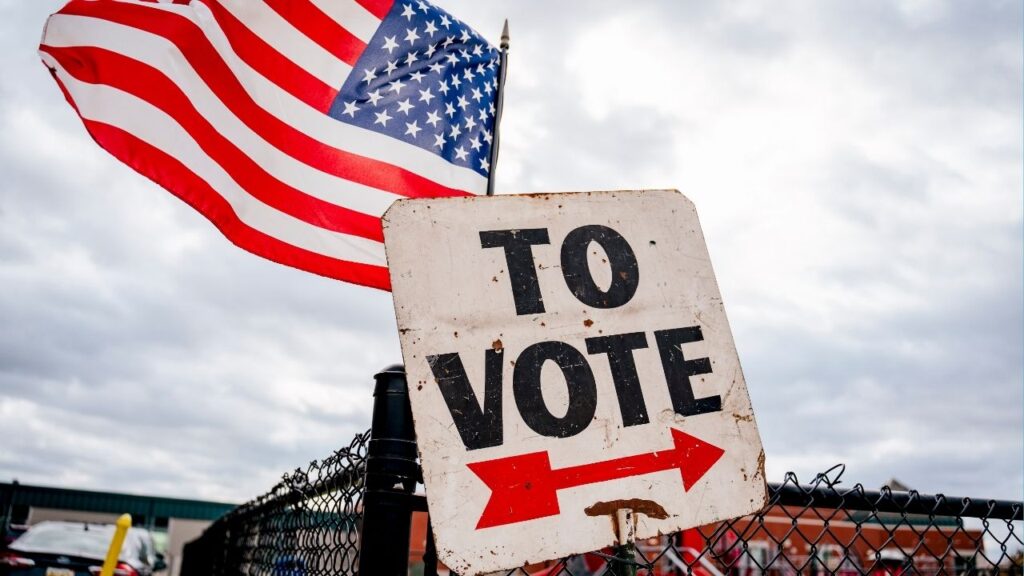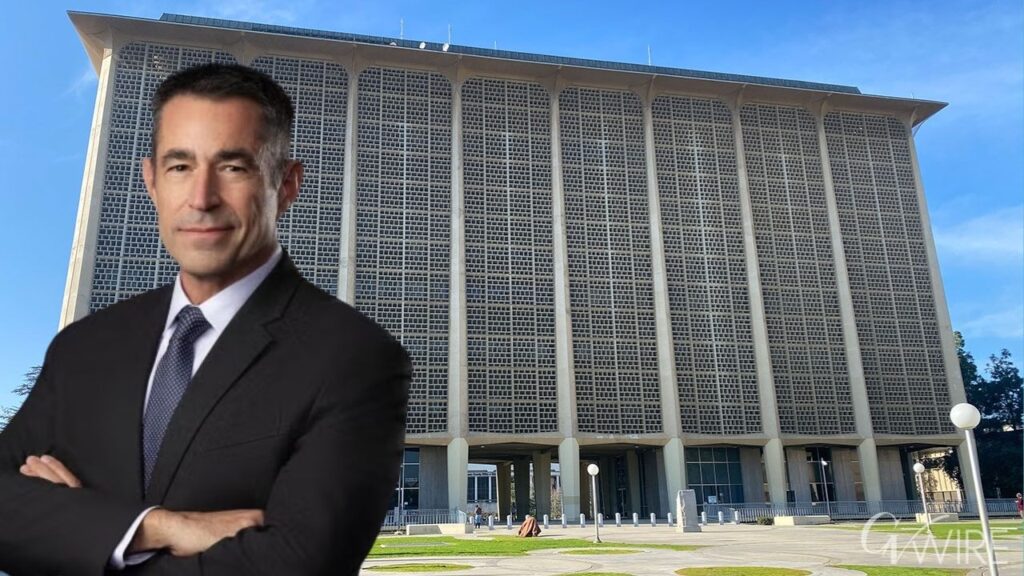Share
Facing another catastrophic wildfire season, state lawmakers are proposing last-minute legislation to tap into a utility-bill fee to free up $500 million for training firefighters and other immediate steps.
The proposed legislation also sets aside $2.5 billion for future projects related to handling wildfires and adapting to climate change.

Julie Cart
CALmatters
The bill would extend a fee until 2045 that has been added to electrical customers’ bills since last year to create a $21 billion insurance fund to pay for utility-caused fire damage.
Lawmakers say the cost to ratepayers would be less than $1 dollar a month.
The bill was introduced Tuesday night and authored by Assemblymembers Kevin Mullin, a Democrat from San Francisco, and Richard Bloom, a Democrat from Santa Monica, against the backdrop of more than two-dozen major wildfires burning across the state.
“It would be negligent for the Legislature to end our session without taking immediate action to generate more resources for battling wildfires across California and mitigating the resulting environmental damage,” Mullin said in a statement. “It is also imperative that we better prepare our state for longer and more dangerous fire seasons to come.”
Despite the urgency of the fire siege, the proposal faces potential headwinds: It’s coming in the midst of a busy legislative moment when a rush of bills must be considered before the end of session on Monday. Because it involves extending an existing fee, the measure requires a two-thirds vote of both chambers to be approved.

The Proposal Envisions Immediate and Longer-Term Uses for the Funds
“I’m not naive, a two-thirds vote is difficult to achieve,” Bloom said. “The clock is ticking, and that adds an added dimension. But this is a priority that everyone understands. We are all looking for ways to be responsive.”
The proposal envisions immediate and longer-term uses for the funds. At first, $500 million would be borrowed from a state surplus to pay for training new firefighters and projects that reduce wildfire risk, to begin a month after the bill is signed into law. Proponents say the money would be paid back at the end of the fiscal year with the proceeds of a revenue bond.
The second step, to be developed in six months, allocates funds for a long list of priorities, including home-hardening strategies such as fire-resistant roofs, clearing trees and brush to create defensible space around buildings. The bill prioritizes public safety projects in low-income communities that are undefined in the legislation but may include improving emergency preparedness and notification.
Both funds would be overseen by the Public Utilities Commission and the state Natural Resources Agency.
CalMatters is a public interest journalism venture committed to explaining how California’s state Capitol works and why it matters.
RELATED TOPICS:
Categories

Renee Good’s Relatives Speak to Lawmakers in Washington

















